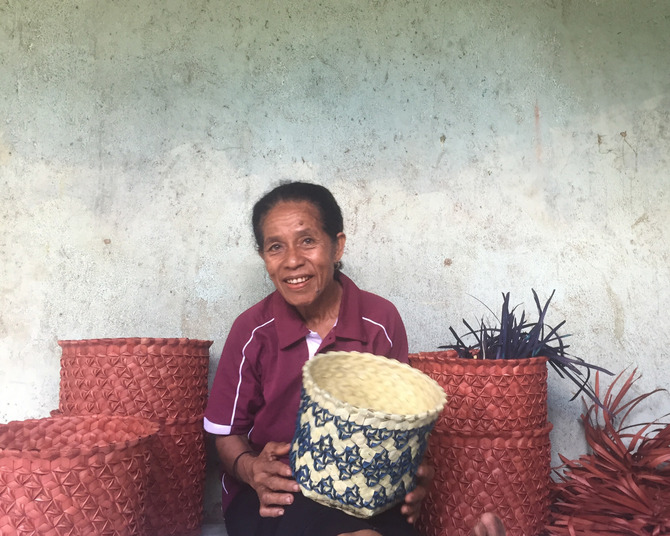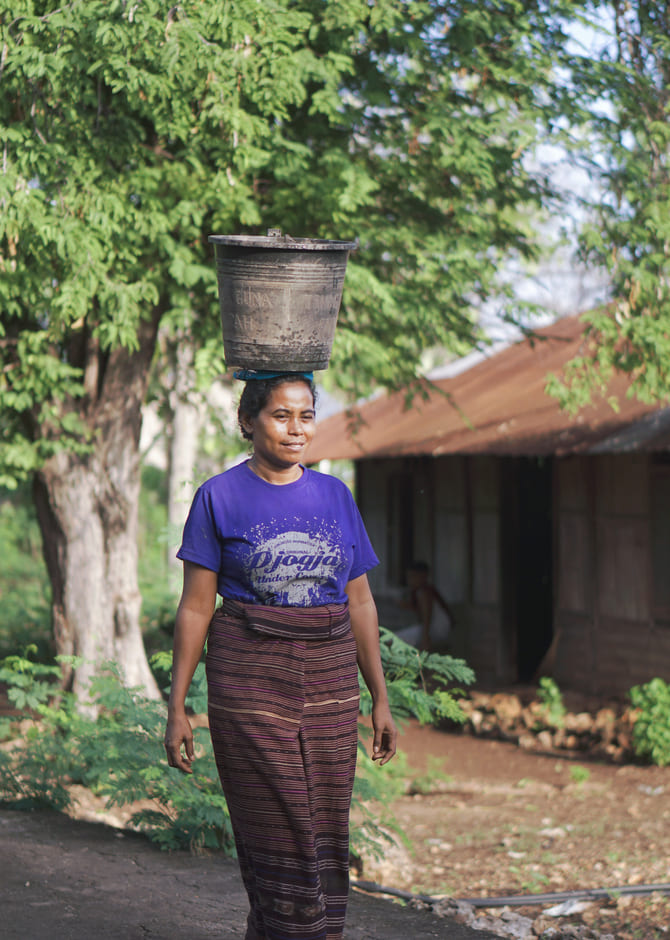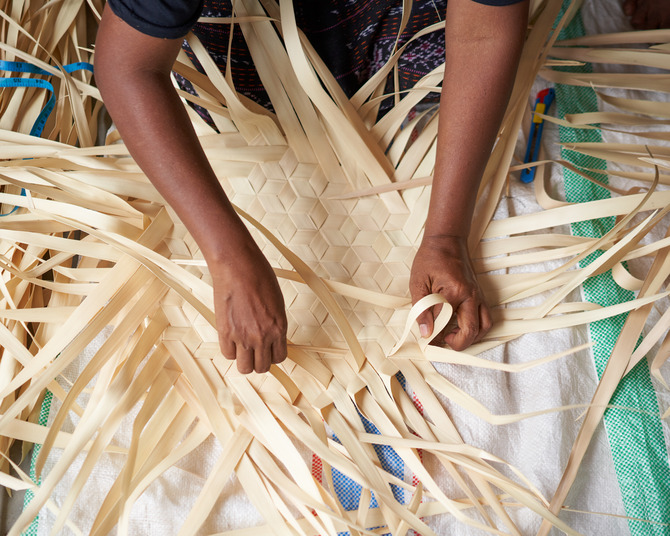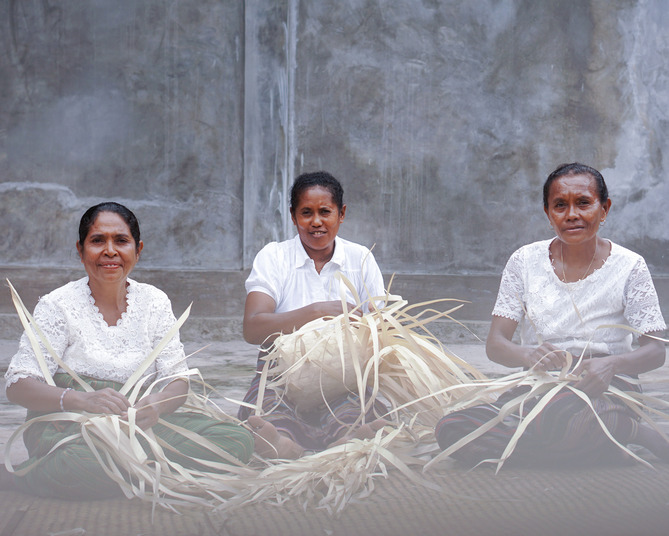In a world fueled by the relentless pace of trade and consumption, a beacon of ethical commerce shines brightly – Fair Trade. Within the vibrant context of Indonesia, this movement takes on a unique significance, as Indonesian fair trade practices merge tradition with innovation. Beyond the mere exchange of goods, fair trade represents a revolutionary approach to business, one that intertwines economic prosperity with social progress and environmental sustainability. This paradigm challenges traditional trade norms, redefining how products are sourced, crafted, and sold. With an unwavering commitment to empowering communities, uplifting artisans, and promoting equity and social movement, fair trade stands as a transformative force that compels us to ask questions about the origins and impact of the products we bring into our lives.
But first, it is critical to ask- what exactly is fair trade? As explained by Fair Trade International, fair trade changes the way trade works through better working conditions, prices, and wages for workers. At its core, Fair Trade is a global movement that breathes life into a more just and equitable way of doing business. This movement also embraces sustainable practices, minimizing harm to the environment and promoting responsible sourcing. Think of it this way- using a product from a fair trade company means you are directly contributing to supporting a network that ensures fair wages, safe working conditions, and better treatment for the artisans, farmers, and laborers who worked to create that product. Companies achieve fair trade by committing to a set of ethical principles that prioritize social and environmental responsibility. Transparent supply chains are key, allowing consumers to trace the journey of products from source to shelf. Additionally, fair trade companies uphold sustainable practices, minimizing environmental impact and promoting eco-friendly production methods.
More recently, fair trade-committed businesses have received global attention for their efforts to promote a more sustainable economic model. For instance in Indonesia, with consumers inquiring more about the origins of their products, greater awareness is brought to the local artisans, farmers, and laborers who made the products, creating opportunities for them to showcase their work and promote their craft. Importantly, it has also encouraged consumers to search specifically for goods made from fair trade-certified businesses to ensure their support of better working conditions and environmentally-friendly production.
In this regard, Du Anyam, an Indonesian social enterprise and fair trade business, works to promote fair labor practices and social and economic autonomy for the women weavers they work with in rural Indonesia. Focused on traditional woven goods, Du Anyam has created a transparent enterprise that encourages environmentally friendly practices through community education and clear guidelines. By weaving traditional crafts into contemporary designs, Du Anyam not only produces exquisite products but also preserves generations-old weaving techniques that might otherwise fade away. This distinct approach directly supports skilled artisans, mostly women, enabling them to earn sustainable incomes while keeping cultural heritage alive. Moreover, Du Anyam’s focus on economic empowerment is intertwined with social development, as the enterprise invests in education, health, and infrastructure programs for the communities it engages with. This holistic commitment to tradition, empowerment, and community advancement sets Du Anyam apart as a beacon of sustainable change in the landscape of fair trade enterprises in Indonesia.
For more information about Du Anyam’s fair trade practices, check out the Du Anyam website here.




